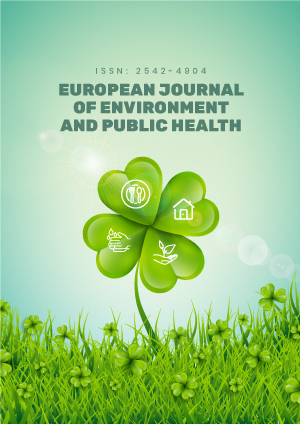Abstract
The COVID-19 crisis has unprecedentedly altered the course of life of majority of Africans. Menstrual health and wellbeing is a key altered aspect. The manifestation of this is apparent in the reduction/elimination of access to Menstrual Hygiene Management products and facilities, adoption of unhygienic menstrual management practices even by healthcare workers, decrease in access to menstrual-related knowledge, increase in the risk of occurrence and severity of several stress-related menstrual disorders, and a shift of public focus from menstrual health and wellbeing promotion. This disruption, in turn, leads to increased risk of predisposition to several other diseases/illnesses; prevalence of medical negligence and error, morbidity and mortality; and development lag in the continent. Prevention of these possible negative outcomes is only feasible through continued and reinforced menstrual health and wellbeing promotion facilitated by the African government and other stakeholders. This paper, thus, aim to redraw their attention to this urgent need.
License
This is an open access article distributed under the Creative Commons Attribution License which permits unrestricted use, distribution, and reproduction in any medium, provided the original work is properly cited.
Article Type: Editorial
EUR J ENV PUBLIC HLT, Volume 4, Issue 2, 2020, Article No: em0045
https://doi.org/10.29333/ejeph/8278
Publication date: 17 May 2020
Article Views: 7452
Article Downloads: 3368
Open Access References How to cite this article
 Full Text (PDF)
Full Text (PDF)